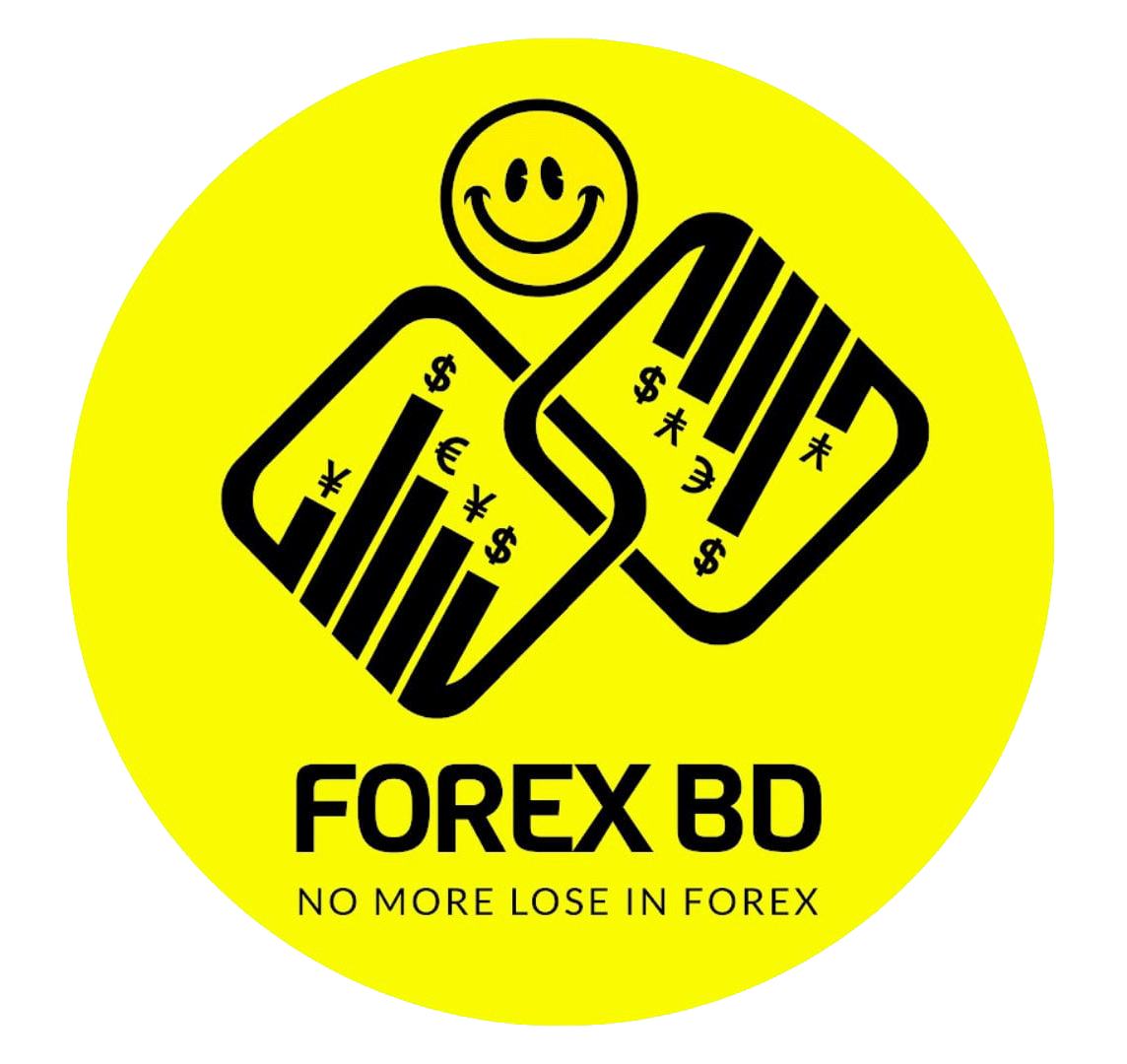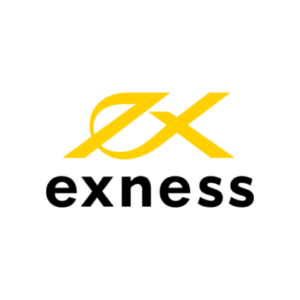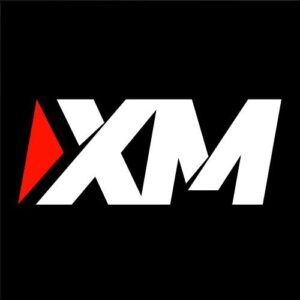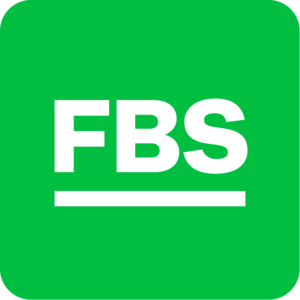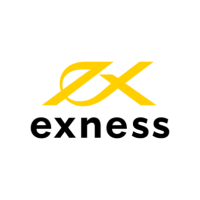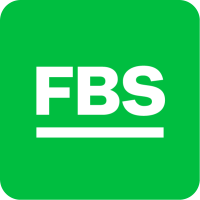I. Introduction
- Definition of Trading with Loan Money
- Importance of Trading with Personal Funds
- Overview of the article
II. Bad Effects of Trading with Loan Money
- Increase in Debt
- Pressure to Perform
- Reduced Profits
- Risk of Losing More than Just Money
III. The Psychology of Trading with Loan Money
- Fear of Missing Out (FOMO)
- Overconfidence Bias
- Cognitive Dissonance
IV. Alternatives to Trading with Loan Money
- Trading with Personal Funds
- Investing in Mutual Funds
- Using Robo-Advisors
V. Tips for Successful Trading
- Create a Solid Trading Plan
- Keep Emotions in Check
- Do Not Chase Losses
- Cut Your Losses
VI. Conclusion
VII. FAQs
Article
Trading is an activity that requires careful planning, experience, and a lot of patience. Many people trade as a way of earning extra income or as a full-time job. However, when it comes to trading with loan money, things can quickly take a turn for the worse. In this article, we will discuss the bad effects of trading with loan money and provide alternatives to help you avoid the pitfalls of this risky activity.
Bad Effects of Trading with Loan Money
Increase in Debt
One of the most obvious bad effects of trading with loan money is the increase in debt. Trading is a risky activity, and there is no guarantee that you will make a profit. When you trade with loan money, you are essentially taking on additional debt. If your trades do not go as planned, you will end up owing more money than you initially borrowed.
Pressure to Perform
When you trade with loan money, there is often a lot of pressure to perform. You have borrowed money that you need to pay back, and you may feel like you need to make a profit quickly to cover your debts. This pressure can lead to poor decision-making and increased risk-taking, which can result in significant losses.
Reduced Profits
Trading with loan money can also reduce your profits. When you trade with your own money, you can afford to take a long-term approach and wait for the right opportunities to arise. However, when you trade with loan money, you may feel like you need to make quick profits to cover your debts. This short-term thinking can lead to poor decision-making, resulting in lower profits over time.
Risk of Losing More than Just Money
Finally, trading with loan money can also result in losing more than just money. If you are unable to pay back your debts, you may face legal action, damage to your credit score, and other negative consequences that can affect your life in the long run.
The Psychology of Trading with Loan Money
There are several psychological factors at play when it comes to trading with loan money. These factors can make it difficult to make rational decisions and can lead to poor outcomes.
Fear of Missing Out (FOMO)
Fear of Missing Out, or FOMO, is a psychological phenomenon that can cause traders to make impulsive decisions. When you see other traders making profits, you may feel like you are missing out on an opportunity. This fear can lead you to take on more risk than you should, resulting in significant losses.
Overconfidence Bias
Overconfidence bias is another psychological factor that can affect traders. When you are trading with loan money, you may feel like you have something to prove. This can lead to overconfidence in your abilities and a belief that you can make more significant profits than you actually can. Overconfidence bias can result in poor decision-making and significant losses.
Cognitive Dissonance
Cognitive dissonance is the discomfort that arises when a person holds two or more conflicting beliefs or values. When you trade with loan money, you may experience cognitive dissonance as you try to reconcile your desire to make a profit with the risks involved in trading with borrowed money. This discomfort can lead to poor decision-making and increased risk-taking.
Alternatives to Trading with Loan Money
If you want to trade but don’t want to take on the risks of trading with loan money, there are several alternatives you can consider.
Trading with Personal Funds
One alternative to trading with loan money is to trade with personal funds. This allows you to take a long-term approach and make decisions based on your financial situation rather than the pressure to pay back a loan.
Investing in Mutual Funds
Another alternative is to invest in mutual funds. This allows you to invest in a diversified portfolio of stocks and bonds, reducing your risk exposure.
Using Robo-Advisors
Finally, you can consider using robo-advisors, which are automated investment platforms that use algorithms to make investment decisions based on your goals and risk tolerance.
Tips for Successful Trading
If you do decide to trade, there are several tips you can follow to increase your chances of success.
Create a Solid Trading Plan
Before you start trading, create a solid trading plan that outlines your goals, risk tolerance, and investment strategy.
Keep Emotions in Check
Trading can be an emotional activity, but it’s essential to keep your emotions in check. Avoid making impulsive decisions based on fear or greed.
Do Not Chase Losses
If a trade does not go as planned, it can be tempting to try to recoup your losses by making riskier trades. However, this can lead to even greater losses. Instead, cut your losses and move on.
Cut Your Losses
Finally, it’s essential to cut your losses when a trade goes against you. Don’t hold onto a losing trade hoping that it will turn around. Cut your losses and move on to the next opportunity.
Conclusion
Trading with loan money can be a tempting but risky activity. It can lead to increased debt, reduced profits, and significant losses. To avoid these pitfalls, consider trading with personal funds, investing in mutual funds, or using robo-advisors. And if you do decide to trade, create a solid trading plan, keep your emotions in check, avoid chasing losses, and cut your losses when necessary.
FAQs
- Is trading with loan money illegal?
No, trading with loan money is not illegal, but it can be risky and result in significant losses.
- Can I make a profit trading with loan money?
Yes, it is possible to make a profit trading with loan money, but it’s important to be aware of the risks involved.
- What are some alternatives to trading with loan money?
Alternatives to trading with loan money include trading with personal funds, investing in mutual funds, and using robo-advisors.
- How can I increase my chances of success when trading?
To increase your chances of success, create a solid trading plan, keep your emotions in check, avoid chasing losses, and cut your losses when necessary.
- Should I trade with loan money?
It’s not recommended to trade with loan money as it can lead to increased debt, reduced profits, and significant losses.
Name
Details
Rating
Regulation: CySEC, FCA, DFSA, FSCA, FSA, CMA
Founded: 2008
Founders: Petr Valov, Igor Lychagov
Year Founded : 2008
Deposit Methods: VISA, MasterCard, Neteller, Skrill, WM, PM, Crypto (MORE)
Leverage: 1:30 | 1:500
Regulation: CySEC, FCA, DFSA, FSCA, FSA.
Min. Deposit: 5 US$
Min. Withdraw : 5 US$
HQ: Sydney, Australia
Platforms: MT4, MT5, ctrader, web trading
Found in: January 30, 2007
Deposit Methods: Bank Wire (BankTransfer), VISA, MasterCard, Neteller, Skrill, WM, PM, Crypto
Year Founded : 2010
Cryptocurrencies:
 Yes
YesDeposit Methods: Local Deposit, Bank Wire (BankTransfer), VISA, MasterCard, Neteller, Skrill, WM, PM, Crypto, USDT
Year Founded : 2010
Cryptocurrencies: (5+) Bitcoin, Litecoin, Ethereum
Deposit Methods: Local Deposit, Bank Wire (BankTransfer), VISA, MasterCard, Neteller, Skrill, WM, PM, Crypto, USDT (MORE)
Year Founded : 2009
Cryptocurrencies:



Deposit Methods: Bank Wire (BankTransfer/SWIFT), VISA, MasterCard, Alipay, Bitcoin, Bitcoin Cash, Boleto, Ether/Ethereum, Litecoin, Local Bank Deposits, M-Pesa, Mobile Money, Monero, PerfectMoney, Ripple, WebMoney
Year Founded : 2009
Cryptocurrencies:



Deposit Methods: Local Deposit, Bank Wire (BankTransfer), VISA, MasterCard, Neteller, Skrill, WM, PM, Crypto, USDT
Year Founded : 2009
Cryptocurrencies:



Deposit Methods: Bank Wire (BankTransfer/SWIFT), VISA, MasterCard, Alipay, Bitcoin, Bitcoin Cash, Boleto, Ether/Ethereum, Litecoin, Local Bank Deposits, Mobile Money, PerfectMoney, WebMoney, USDT
Year Founded : 2011
Cryptocurrencies: (25+) Bitcoin, Litecoin, Ethereum
Deposit Methods: Bank Deposit, VISA, awepay, Bitcoin, FasaPay, Local Bank Deposits, Local Bank Transfers, Neteller, paytm, Skrill, UnionPay, USDT
Leverage: 1:20 | 1:500
Regulation: CySEC, FCA, DFSA, FSCA, FSA.
Min. Deposit: 50 US$
Min. Withdraw : 50 US$
HQ: Australia, Cyprus, and the UK.
Platforms: MT4, cTrader, web trading
EAs/Robots: ✅ Yes | News Trading: ✅ Yes | Scalping: ✅ Yes
Cryptocurrencies: 20+) Bitcoin, Litecoin, Ethereum
Deposit Methods: Local Deposit, Bank Wire (BankTransfer), VISA, MasterCard, Neteller, Skrill, Crypto. USDT
Leverage: 1:20 | 1:500
Regulation: CySEC, FCA, DFSA, FSCA, FSA.
Min. Deposit: 100 US$
Min. Withdraw : 100 US$
HQ: Cyprus, the UK, Australia, and the United States.
Platforms: MT4, cTrader, web trading
EAs/Robots: ✅ Yes | News Trading: ✅ Yes | Scalping: ✅ Yes
Cryptocurrencies: 20+) Bitcoin, Litecoin, Ethereum
Deposit Methods: Local Deposit, Bank Wire (BankTransfer), VISA, MasterCard, Neteller, Skrill, Crypto. USDT
Leverage: 1:20 | 1:500
Regulation: CySEC, FCA, DFSA, FSCA, FSA.
Min. Deposit: 50 US$
Min. Withdraw : 50 US$
HQ: Australia, Cyprus, and the UK.
Platforms: MT4, cTrader, web trading
EAs/Robots: ✅ Yes | News Trading: ✅ Yes | Scalping: ✅ Yes
Cryptocurrencies: 20+) Bitcoin, Litecoin, Ethereum
Deposit Methods: Local Deposit, Bank Wire (BankTransfer), VISA, MasterCard, Neteller, Skrill, Crypto. USDT
Year Founded : 2010
Cryptocurrencies:



Deposit Methods: Local Deposit, Bank Wire (BankTransfer), VISA, MasterCard, Neteller, Skrill, WM, PM, Crypto, USDT
A Forex broker is a financial services company that provides traders with access to the foreign exchange market. The primary function of a Forex broker is to facilitate the buying and selling of currencies by acting as an intermediary between the trader and the market ( Forex BD / BD Forex / ForexBD / ForexBDLTD / Forex bd LTD / @forexbd )..
Forex brokers offer traders a variety of services, including trading platforms, market analysis, and educational resources. They also provide access to leverage, which allows traders to control larger positions with a smaller amount of capital.
Forex brokers can operate in different ways, such as market makers, which set their own bid and ask prices and take the opposite side of their clients’ trades, or as agency brokers, which pass their clients’ orders directly to the market without any intervention.
Choosing a reliable and trustworthy Forex broker is important for traders to ensure that they receive fair and transparent pricing, access to a range of financial instruments, and adequate customer support ( Forex BD / BD Forex / ForexBD / ForexBDLTD / Forex bd LTD / @forexbd )..
Forex brokers play an important role in the foreign exchange market by providing liquidity and enabling traders to participate in the market with ease. Forex brokers offer a wide range of services and tools to traders, including:
Trading Platforms: Forex brokers provide traders with access to trading platforms that allow them to place trades, analyze the market, and manage their trading accounts.
Market Analysis: Forex brokers offer traders access to market analysis, including news, research, and economic data. This can help traders make informed decisions about when to enter or exit the market.
Educational Resources: Forex brokers often provide educational resources, such as webinars, videos, and tutorials, to help traders improve their trading skills and knowledge.
Leverage: Forex brokers offer traders access to leverage, which allows traders to control larger positions with a smaller amount of capital. However, it’s important to note that leverage can increase both potential profits and losses.
Customer Support: Forex brokers provide customer support to help traders with any questions or issues they may have ( Forex BD / BD Forex / ForexBD / ForexBDLTD / Forex bd LTD / @forexbd )..
When choosing a Forex broker, traders should consider factors such as the broker’s reputation, regulation, trading conditions, fees and commissions, and customer support. It’s important to choose a broker that is reliable, transparent, and offers competitive pricing and trading conditions.
Forex brokers provide traders with access to various types of trading platforms, each with its own unique features and advantages. Here are some of the most common types of Forex broker platforms:
MetaTrader 4 (MT4): MT4 is one of the most popular Forex trading platforms, used by millions of traders worldwide. It is known for its user-friendly interface, extensive charting tools, and support for automated trading through Expert Advisors (EAs) ( Forex BD / BD Forex / ForexBD / ForexBDLTD / Forex bd LTD / @forexbd )..
MetaTrader 5 (MT5): MT5 is the newer version of MT4 and offers additional features and improvements, such as more advanced charting tools, additional order types, and support for more financial instruments.
cTrader: cTrader is a trading platform that offers advanced charting tools, support for automated trading, and fast order execution. It is known for its user-friendly interface and customization options.
WebTrader: WebTrader is a browser-based trading platform that allows traders to access the market from any device with an internet connection. It is a popular choice for traders who prefer a simple and easy-to-use platform ( Forex BD / BD Forex / ForexBD / ForexBDLTD / Forex bd LTD / @forexbd )..
Mobile Trading Platforms: Forex brokers also offer mobile trading platforms that allow traders to access the market and manage their positions from their smartphones or tablets. These platforms typically offer a range of features, including real-time quotes, charts, and news updates.
When choosing a Forex broker platform, it’s important to consider factors such as ease of use, charting tools, order types, automated trading options, customization options, and compatibility with your trading style and strategy. Ultimately, the best platform for you will depend on your individual needs and preferences as a trader.
Forex brokers can be categorized into different types based on their business model and the services they offer to their clients. Here are some of the most common types of Forex brokers ( Forex BD / BD Forex / ForexBD / ForexBDLTD / Forex bd LTD / @forexbd ). :
Dealing Desk (DD) Brokers: Dealing Desk brokers, also known as market makers, act as counterparties to their clients’ trades. They provide liquidity to the market by taking the opposite side of their clients’ trades, and may also offer fixed spreads, guaranteed stop-loss orders, and other risk management tools.
No Dealing Desk (NDD) Brokers: No Dealing Desk brokers do not act as counterparties to their clients’ trades, but instead route their orders directly to liquidity providers, such as banks, financial institutions, and other brokers. NDD brokers typically offer variable spreads and faster order execution speeds than DD brokers.
Electronic Communication Network (ECN) Brokers: ECN brokers are similar to NDD brokers, but instead of routing orders to a single liquidity provider, they connect their clients to a network of liquidity providers, which compete to offer the best bid and ask prices. ECN brokers typically charge a commission for their services, but offer some of the tightest spreads and fastest order execution speeds in the market.
Straight Through Processing (STP) Brokers: STP brokers are similar to NDD brokers, but instead of routing orders directly to liquidity providers, they use automated systems to execute orders based on pre-defined trading rules. STP brokers may offer variable or fixed spreads, and may charge a commission or markup on their services.
Hybrid Brokers: Hybrid brokers combine elements of different business models, such as acting as both a market maker and an ECN broker, or offering both fixed and variable spreads. Hybrid brokers may offer a range of services and account types to meet the needs of different types of traders.
When choosing a Forex broker, it’s important to consider the broker’s business model and the services they offer, as well as their reputation, regulation, and customer support. The best broker for you will depend on your individual needs and trading style, as well as the trading conditions and fees offered by the broker.
Forex trading is a popular financial activity that involves buying and selling currencies to profit from the fluctuations in exchange rates. As with any financial activity, it is essential to choose a reputable and regulated broker to ensure the safety of your funds and a fair trading environment. In this article, we will discuss some of the top regulated forex broker houses.
Online forex trading payment methods refer to the various payment options available for forex traders to deposit or withdraw funds from their trading accounts. In the world of forex trading, payment methods play a vital role in facilitating smooth transactions, and it is important to choose a secure and reliable payment method that suits your needs.
Like, Share & Subscribe to Our Official Sites
Contact with Us :
Copyright © 2023 Forex BD
Risk Warning: Trading on financial markets carries risks. Contracts for Difference (‘CFDs’) are complex financial products that are traded on margin. Trading CFDs carries a high level of risk since leverage can work both to your advantage and disadvantage. As a result, CFDs may not be suitable for all investors because you may lose all your invested capital. You should not risk more than you are prepared to lose. Before deciding to trade, you need to ensure that you understand the risks involved and take into account your investment objectives and level of experience.
Disclaimer : Forexbd.ltd is not encouraging anyone to do forex/stock trading, as there are investments and financial risks involved. ForexBD channel or videos are educational and informative. Before deciding to invest in the forex market, you should carefully consider your investment objectives, level of experience, and risk appetite.
#ForexTrading #ForexMarket #ForexBroker #ForexSignals #ForexAnalysis #ForexEducation #ForexPlatform #ForexTools #ForexStrategy #ForexTradingTips #ForexInvesting #ForexNews #CurrencyTrading #OnlineTrading #TradingSoftware #TechnicalAnalysis #FundamentalAnalysis #RiskManagement #MarketResearch #TradingCommunity #ForexTradingSignals #ForexTradingSystem #ForexMarketAnalysis #ForexMarketNews #ForexMarketResearch #ForexTradingStrategies #ForexTrader #ForexTradingSoftware #ForexTradingCourse #ForexTradingForBeginners #ForexTradingPlatform #ForexTradingEducation #ForexTradingAcademy #ForexTradingOnline #ForexTradingCommunity #ForexTradingCharts #ForexTradingIndicators #ForexTradingAccount #ForexTradingCoach #ForexTradingRobot
